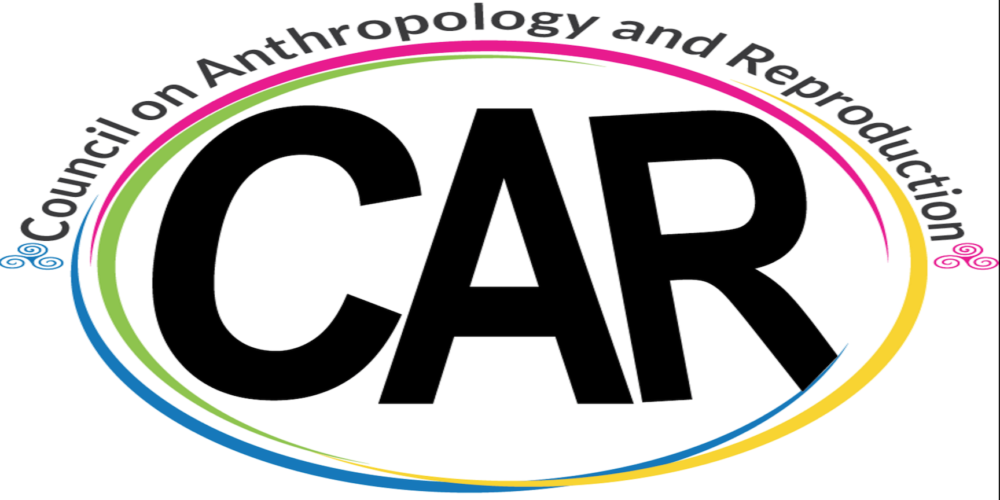In this issue:
- AAA Meeting Guide with list of panels submitted by Members, including a panel organized by Robbie Davis-Floyd called “Back to the Basics of Birth”
- CAR Advocacy – information about the Carework in the Academy Ad hoc Advocacy Committee, headed by CAR members Sallie Han and Jill Fleuriet
- Important announcement from Robbie Davis-Floyd regarding, among other things, the Annotated Bibliography on CAR’s website and an exciting new Internship opportunity for students
- Notes from the Field – rich ethnographic descriptions and notes including:
- Gynecology Talk: Race-Sexuality-Class Privilege and Reproductive Encounters by Nessette Falu
- Nutritional Epigenetics and Prenatal Diets: “I’ve been eating this way for years” by Natali Valdez
- “Sexual panic” in Bluefields, Nicaragua by Ishan Gordon.
- Community Engagement opportunity – the Projeto aBRAÇO a Microcefalia, in Salvador, Brazil, which support women who have given birth to babies affected by the zika virus.
- Book Award and Member publications
- And more…!
